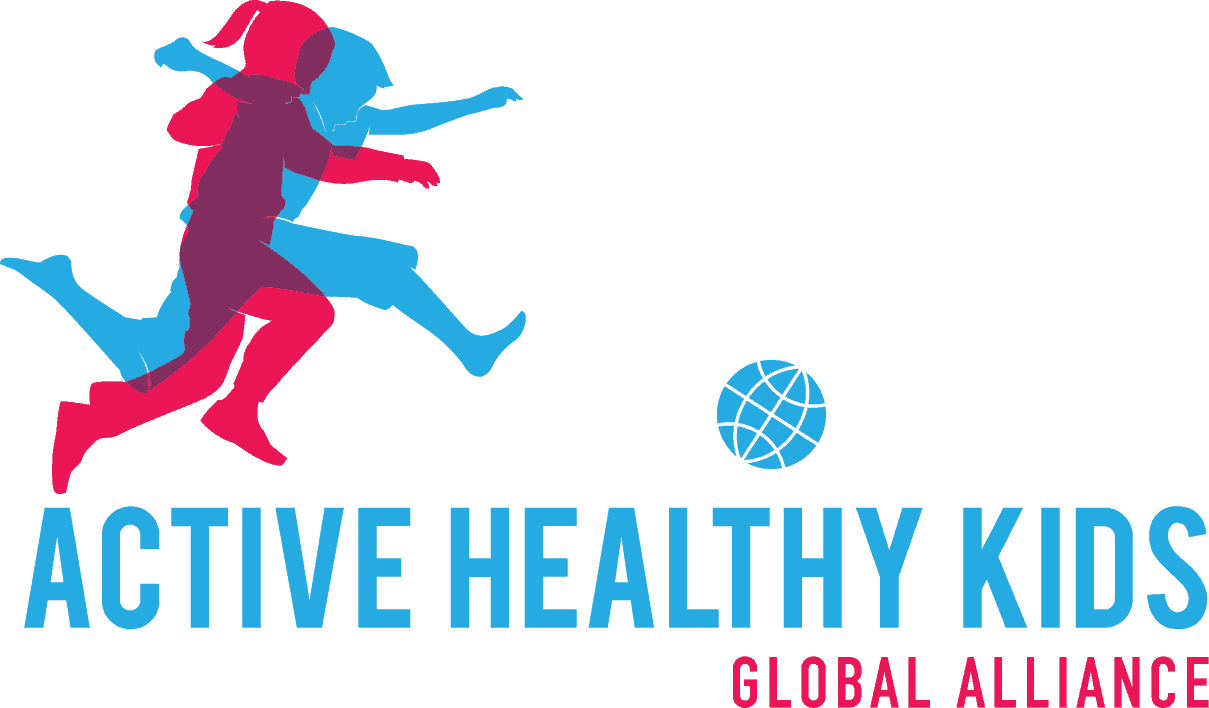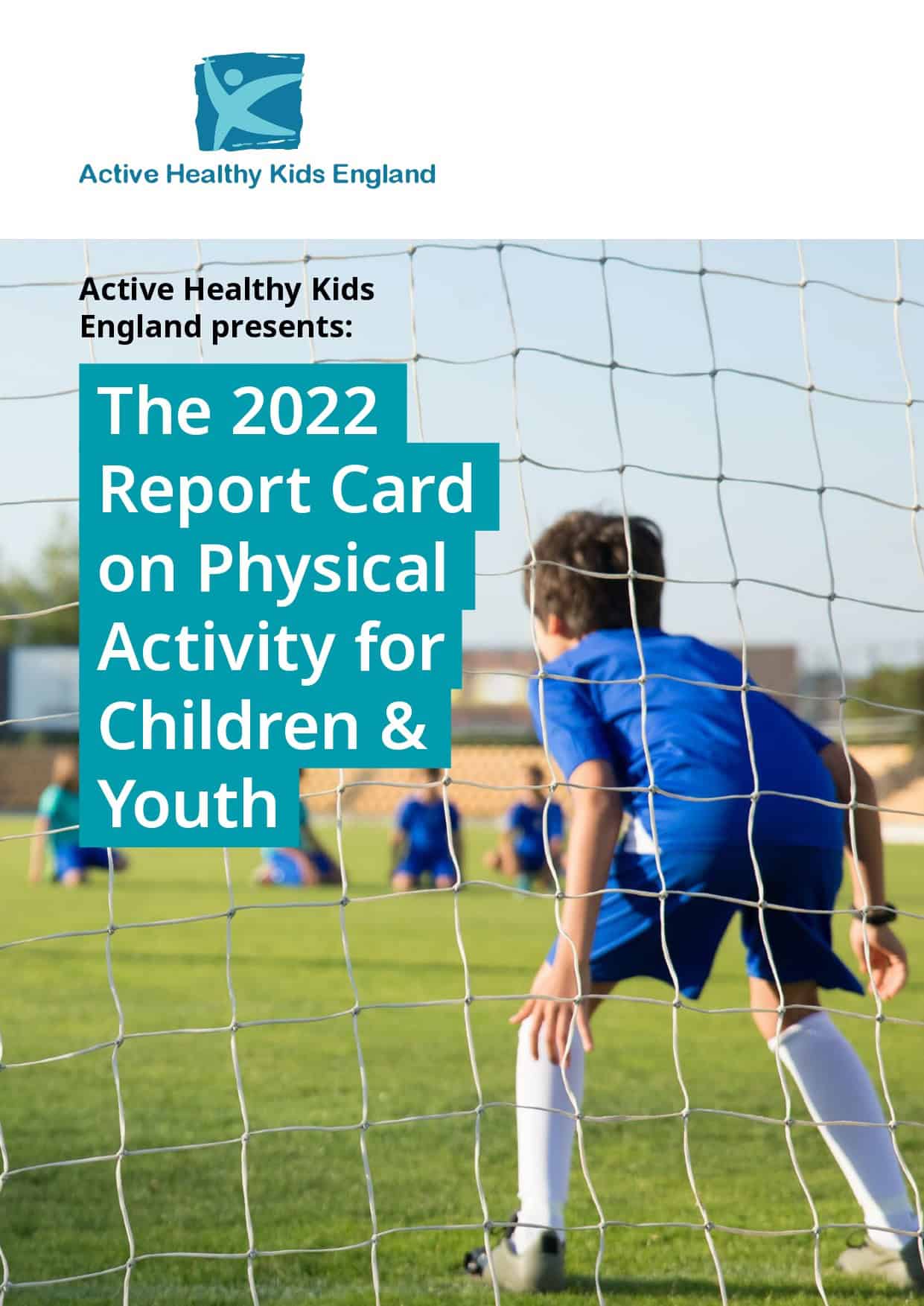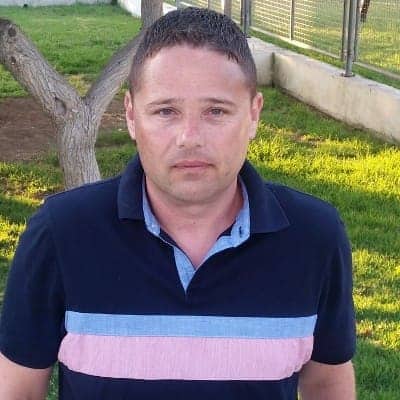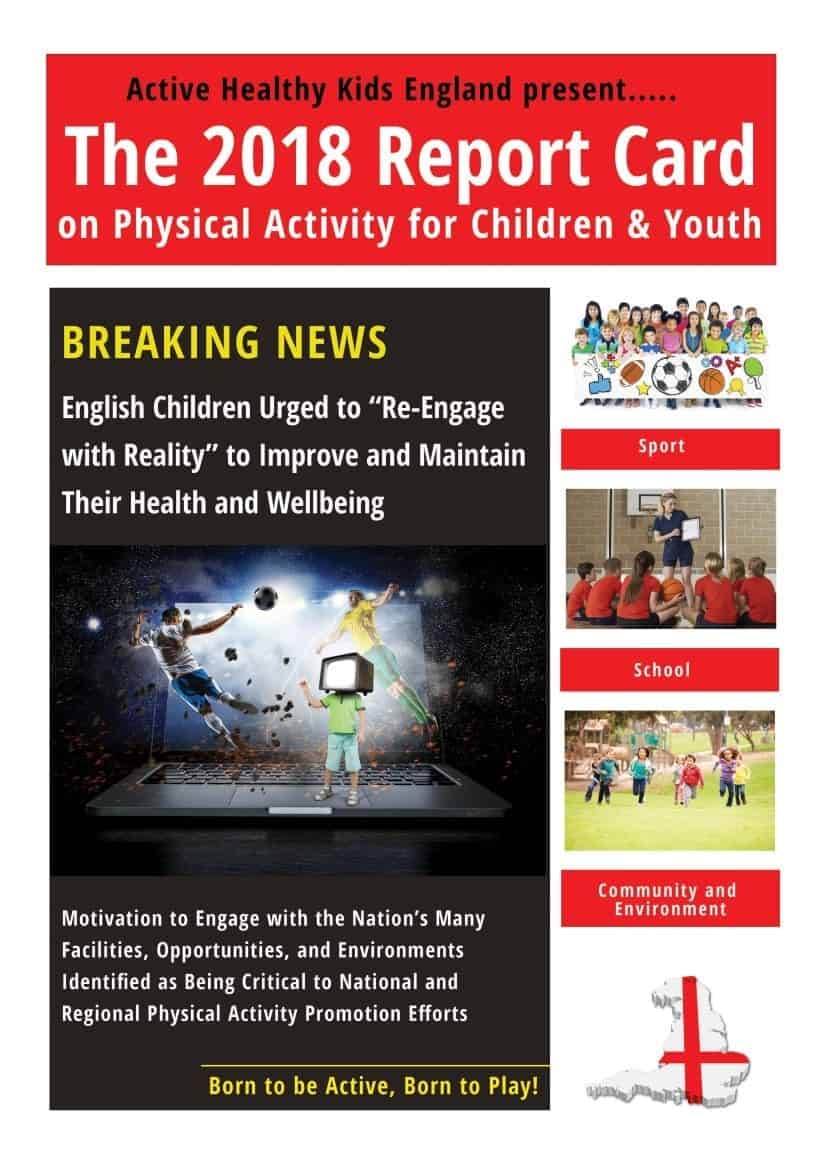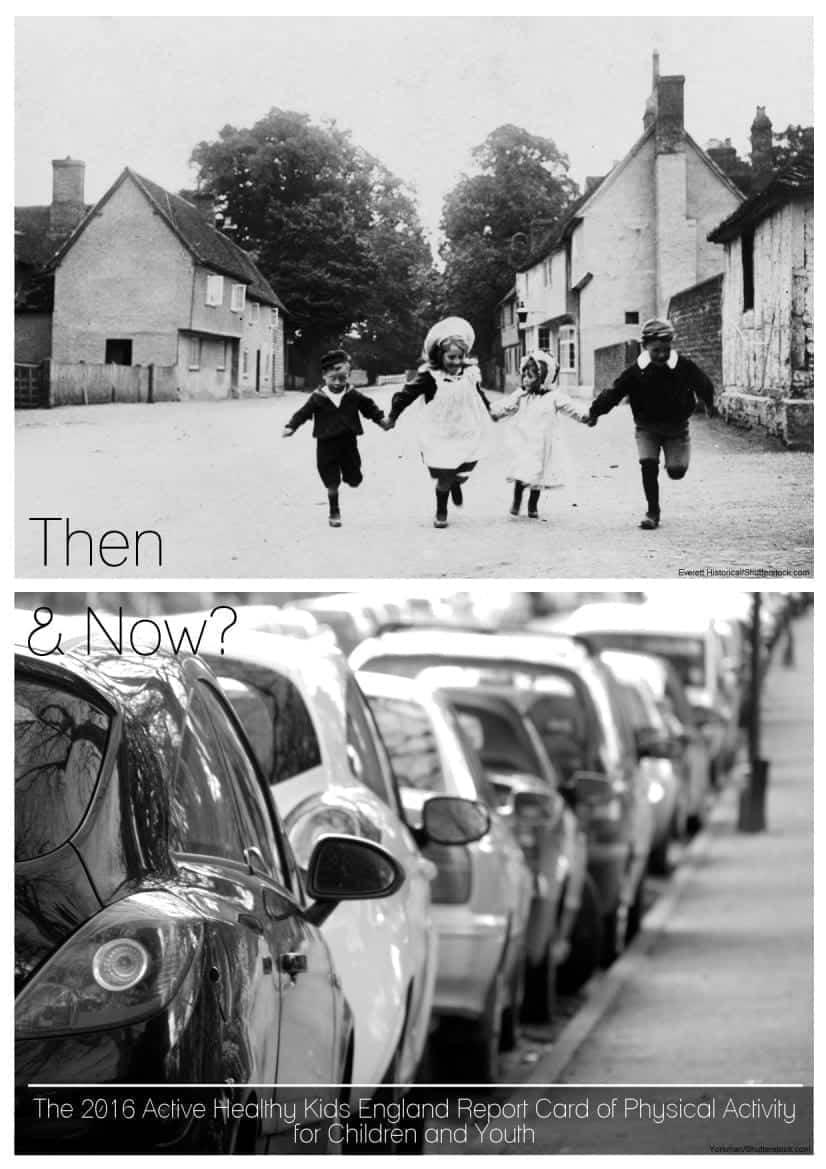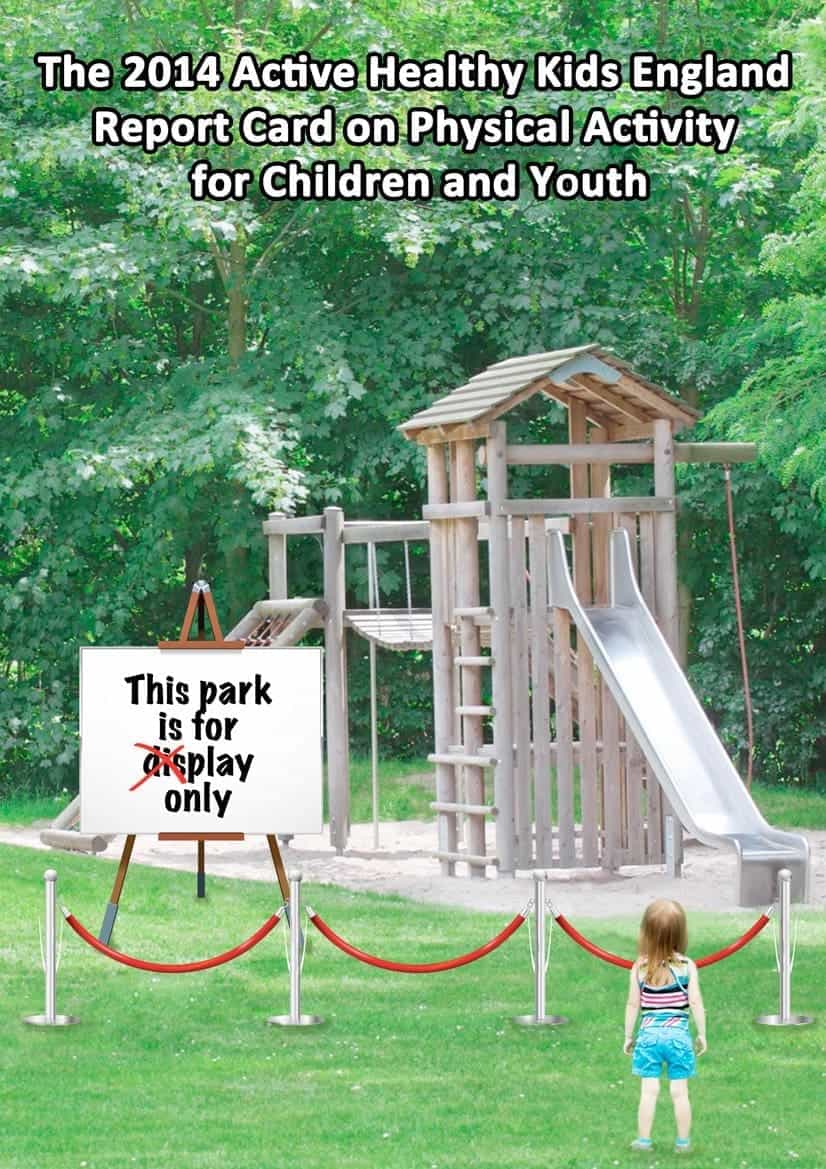
-
The Global Matrix 5.0
-
The Global Matrix 4.0
-
The Global Matrix 3.0
-
The Global Matrix 2.0
-
The Global Matrix 1.0
Report Card Leader
Martyn Standage, PH.D.
Martyn Standage is Professor of Psychology, Health, and Applied Science in the Department for Health at the University of Bath, where he also serves as Director of the Centre for Motivation and Behaviour Change. His research focuses on the motivational determinants of engagement in health, exercise, sport, organisational, and educational settings, informing interventions to enhance health, performance, and wellbeing. More recently, his work has expanded to include interdisciplinary perspectives on physical activity, sedentary behaviours, and objective health outcomes. Prof. Standage has published over 200 papers that have been widely cited and has secured over £8.5 million in research funding. He has held editorial roles with internationally leading journals, contributed to national health guidelines and initiatives, and has led the contributions of Active Healthy Kids England since 2014.
Report Card Leaders
Martyn Standage, Ph.D.
Martyn Standage is Professor of Psychology, Health, and Applied Science in the Department for Health. He is also the Director of the University’s Centre for Motivation and Health Behaviour Change. A major focus of his work is to: (1) map the motivational determinants of adaptive and maintained engagement in health, exercise, sport, and education settings; and (2) utilise this information to inform the design, development, and evaluation of interventions targeted at enhancing effective functioning, health, performance, and wellbeing. Professor Standage recently extended his work to also entail a broader interdisciplinary perspective to physical activity, sedentary behaviours, and objective health outcomes (including, integrating motivational perspectives within models that specify multiple levels of influence and across 24-hour periods). He has published over 180 papers and book chapters on these topics. Martyn currently serves as the Editor-in-Chief for the Journal of Sport & Exercise Psychology and is a former Associate Editor for Motivation and Emotion. He was a member of the Implementation and Surveillance expert working group for the Chief Medical Officer’s UK 2019 physical activity guidelines. Martyn is also a member of the Development Team for Public Health England’s “Moving Medicine” work that is conducted in liaison with the Faculty of Sport and Exercise Medicine.
Fiona Gillison, Ph.D.
Fiona Gillison is a Chartered Psychologist (Health) and Professor in Psychology at the University of Bath. Her research explores how we can support people to improve their health behaviours primarily in the domain of obesity, with a particular focus on how we can support children and adolescents to stay active for longer. Fiona’s work is grounded in behavioural science, studying the most effective strategies for promoting behaviour change from the individual through to the policy level to design theoretically and pragmatically informed interventions, and seeking to better understand how people respond to different types of community and national policy initiatives. She has published around 80 papers and book chapters in these areas. Fiona is currently the Head of the Department for Health at the University of Bath, an Associate Editor of Psychology of Sport and Exercise and an academic advisor to the Public Health England National Child Measurement Programme board.
Report Card Grades
- Overall Physical Activity: C-
- Organized Sport and Physical Activity: D+
- Active Play: INC
- Active Transportation: C-
- Sedentary Behavior: D+
- Physical Fitness: C-
- Family and Peers: INC
- School: B+
- Community and Environment: C
- Government: INC
Related Links
Top Three Priorities
- In addition to organised sport/physical activity programmes, we need to promote physical activity through a number of means (e.g., active play and active transport). Strategies that promote time, space, and freedom for safe yet informal outdoor physical activity in particular are required.
- Particular attention should be given to specific groups of children who are at greater risk of low physical activity levels (e.g., girls). Varied and non-traditional sports/physical activity opportunities in schools and the community, including strategies which target barriers faced by such groups are needed.
- Raise awareness of the importance of physical activity beyond weight among parents, and interventions to tackle parental safety concerns.
Report Card Leader
Martyn Standage, Ph.D.
Martyn Standage is Professor of Psychology, Health, and Applied Science at the University of Bath, England. Professor Standage’s research maps the motivational determinants of adaptive and maintained engagement in health, exercise, sport, and education settings and utilises this information to inform the design, development, and evaluation of interventions targeted at enhancing effective functioning, health, performance, and wellbeing. Recently, he extended his work to also entail a broader interdisciplinary perspective to physical activity, sedentary behaviors, and objective health outcomes (including, integrating motivational perspectives within models that specify multiple levels of influence). He has published over 120 papers and book chapters on these topics. Professor Standage is currently the Editor-in-Chief for the Journal of Sport & Exercise Psychology, an Associate Editor for Motivation and Emotion, and he sits on the editorial board for Stress and Health. Recent research activities include serving as the principal investigator for the UK site of the ISCOLE study and leading the development of the 2014 England Report Card on Physical Activity and Youth.
Testimonial
"It has been an honour and privilege to contribute to the Active Healthy Kids Global Alliance 3.0 initiative. The collective efforts of those within the 49 participating countries to energise and support children to “move more for longer” are highly impressive. In terms of England, our first Report Card appeared in 2014. In this short timeframe, the Active Healthy Kids approach has become central to our national physical activity surveillance efforts. In addition to assessing and monitoring changes in national physical activity levels, there is still much practical work to be done. Here, the Report Card approach represents a wonderful advocacy tool to guide national efforts to improve the physical activity levels and health of our children and youth." - Martyn Standage, Ph.D.
Conference Abstract: Movement to Move
Results from England’s 2018 Report Card on Physical Activity for Children and Youth
Martyn Standage, Lauren Sherar, Thomas Curran, Hannah J. Wilkie, Russell Jago, Adrian Davis, Charlie Foster
Brief Introduction:
The Active Healthy Kids England 2018 Report Card provides an updated “state of the nation” resource regarding performances on the provision of, and support for, physical activity for children and young people in England.
Methods:
Key articles and reports were identified and synthesized. With the exception of the new indicator (i.e., Physical Fitness), and to update our 2016 Report Card, the search was limited to materials published between 2014 to 2018. These data were consolidated and assessed by an expert panel. The panel assigned grades [i.e., A, B, C, D, F, or INC (incomplete)] to each indicator based on whether children across England were achieving specific benchmarks.
Results:
Grades were assigned to the indicators based on the best currently available. These grades are shown in the Table below:
| Indicator | Grade |
| Overall Physical Activity | C- |
| Organized Sport Participation | D+ |
| Active Play | INC |
| Active Transportation | C- |
| Sedentary Behaviours | INC (for England) &
D+ (for the Global Matrix) |
| Physical Fitness | C- |
| Family and Peers | INC |
| School | B+ |
| Community and Environment | C |
| Government | INC |
Conclusions/Recommendations:
As with the 2014 and 2016 report cards, it is evident that the provision to engage in physical activity in England is good. Yet more effort is required to maximize use of the existing resources, monitor progress, and subsequently improve the physical activity engagement of English children and youth. Future Report Cards would benefit greatly from a stratified and targeted survey designed to directly address the 10 core indicators and associated benchmarks. Such an approach would overcome a number of gaps in the extant literature that led to the awarding of INC grades. Also, nationally representative monitoring of objectively assessed PA data in England is needed as current nationally representative data is derived from self-report measures.
Report Card Grades
- Overall Physical Activity: D-
- Organized Sport Participation: D
- Active Play: INC
- Active Transportation: C-
- Sedentary Behaviors: INC
- Family and Peers: INC
- School: B+
- Community and Built Environment: B
- Government Strategies and Investments: INC
Related Links
Recommendations
- Promote physical activitythrough a number of means (e.g. active play and active transport), in addition to organised sport/physical activity programmes. Strategies which promote time, space and freedom for safe but informal outdoor physical activity in particular are required.
- Particular attention should be given to specific groups of children who are at greater risk of low physical activity levels (e.g. girls). Varied and non-traditional sports/physical activity opportunities in schools and the community, including strategieswhich target barriers faced by such groups are needed.
- Measures to promote increased levels of bicycle use, including changes to the built environment (e.g. segregated cycle paths and traffic calming measures).
- Raise awareness of the importance of physical activity beyond weight among parents, and interventions to tackle parental safety concerns.
- Independent and robust evaluation of schemes and initiatives.
Report Card Leader
Martyn Standage, Ph.D.
Martyn Standage is Professor of Psychology, Health, and Applied Science at the University of Bath, England. Professor Standage’s research maps the motivational determinants of adaptive and maintained engagement in health, exercise, sport, and education settings and utilises this information to inform the design, development, and evaluation of interventions targeted at enhancing effective functioning, health, performance, and wellbeing. Recently, he extended his work to also entail a broader interdisciplinary perspective to physical activity, sedentary behaviors, and objective health outcomes (including, integrating motivational perspectives within models that specify multiple levels of influence). He has published over 120 papers and book chapters on these topics. Professor Standage is currently the Editor-in-Chief for the Journal of Sport & Exercise Psychology, an Associate Editor for Motivation and Emotion, and he sits on the editorial board for Stress and Health. Recent research activities include serving as the principal investigator for the UK site of the ISCOLE study and leading the development of the 2014 England Report Card on Physical Activity and Youth.
Testimonial
"It’s been a great experience to participate in the Global Matrix 2.0 as part of the Active Healthy Kids Global Alliance. It has been particularly interesting to see how the grades have changed since our initial multi-country release in 2014. I hope to continue with this very important and worthwhile work to raise awareness of physical activity levels among children and youth in England and across the world." - Martyn Standage, Ph.D.
Conference Abstract: 6th International Congress on Physical Activity and Public Health
Results from England’s 2016 Report Card on Physical Activity for Children and Youth
Wilkie H, Standage M, Sherar L, Cumming S, Parnell C, Davis A, Foster C, Jago R.
Background: Regular physical activity improves physical and mental health, yet children’s physical activity levels were low in England’s 2014 Report Card. Within this paper, we update the 2014 Report Card to assess current information for the nine indicators of physical activity. Methods:A search for nationally representative data on nine indicators of physical activity was conducted and the data were assessed by an expert panel. The panel assigned grades (i.e. A, B, C, D, F, or INC (incomplete)) to each indicator based on whether children across England were achieving specific benchmarks. The 2016 Report Card was produced and disseminated. Results: The following grades were awarded: Overall Physical Activity Levels: D-; Organized Sport Participation: D; Active Play: INC; Active Transportation: C-; Sedentary Behaviours: INC; Family and Peers: INC; School: B+; Community and the Built Environment: B; Government Strategies and Investment: INC. Conclusions: The grades have not improved since the 2014 Report Card and several gaps in the literature are still present. While children’s physical activity levels remain low alongside competing sedentary choices, further national plans and investment with local actions are urgently needed to promote physical activity especially via active play, active transport, and family support.
Report Card Grades
- Overall Physical Activity: D+
- Organized Sport Participation: C-
- Active Play: INC
- Active Transportation: C
- Sedentary Behaviors: INC
- Family and Peers: INC
- School: A-
- Community and Built Environment: B
- Government Strategies and Investments: INC
Related Links
Report Card Leader
Martyn Standage, Ph.D.
Martyn Standage is Professor of Psychology, Health, and Applied Science at the University of Bath, England. Professor Standage’s research maps the motivational determinants of adaptive and maintained engagement in health, exercise, sport, and education settings and utilises this information to inform the design, development, and evaluation of interventions targeted at enhancing effective functioning, health, performance, and wellbeing. Recently, he extended his work to also entail a broader interdisciplinary perspective to physical activity, sedentary behaviors, and objective health outcomes (including, integrating motivational perspectives within models that specify multiple levels of influence). He has published over 120 papers and book chapters on these topics. Professor Standage is currently the Editor-in-Chief for the Journal of Sport & Exercise Psychology, an Associate Editor for Motivation and Emotion, and he sits on the editorial board for Stress and Health. Recent research activities include serving as the principal investigator for the UK site of the ISCOLE study and leading the development of the 2014 England Report Card on Physical Activity and Youth.
